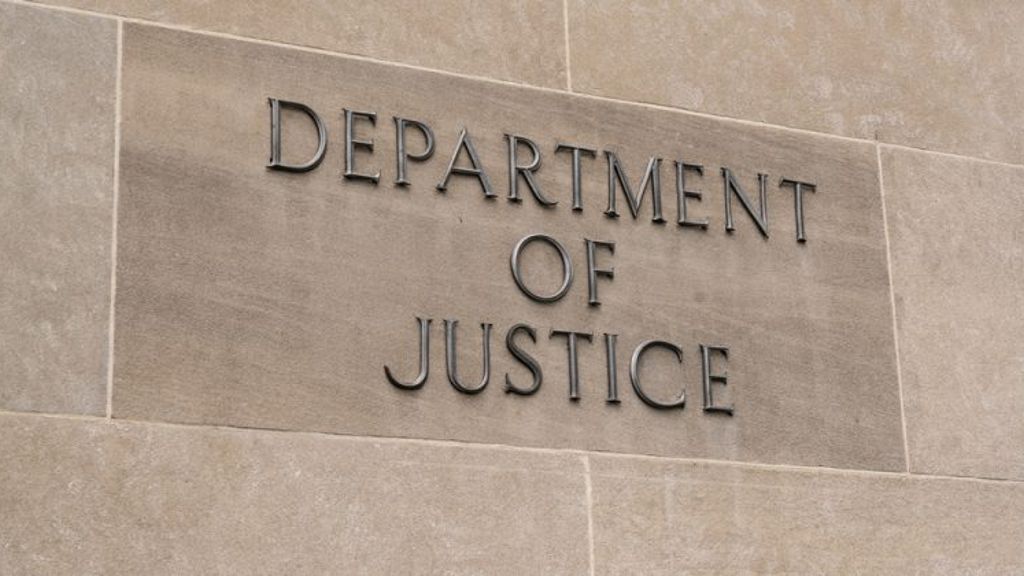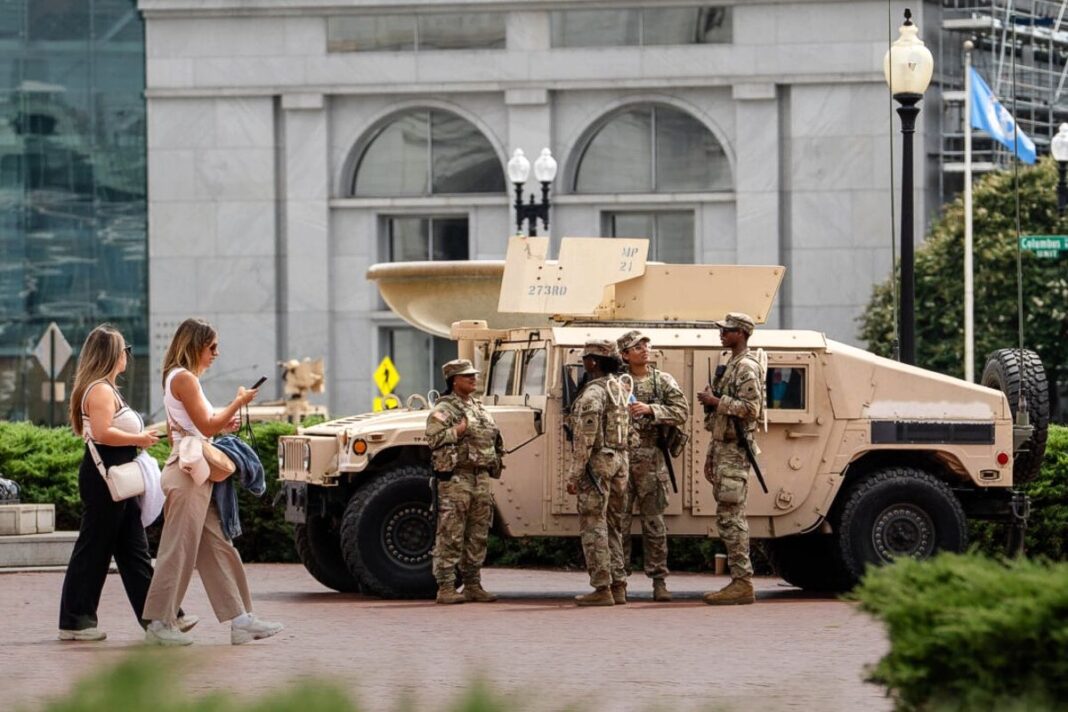The states argue the DOJ exceeded its authority by conditioning the grants on sanctuary state compliance with the federal crackdown on illegal immigration.
A coalition of 21 Democratic-led states and the District of Columbia sued the Justice Department on Aug. 18, accusing the federal government of illegally tying federal crime victim funds to cooperation with immigration enforcement.
The lawsuit, filed in federal court in Rhode Island on Aug. 18, challenges conditions the Justice Department placed this summer on the Victims of Crime Act (VOCA), which provides more than $1 billion each year to states for services such as domestic violence shelters, funeral expenses, trauma counseling, and crime scene cleanup.
The attorneys general say the new rules target so-called sanctuary jurisdictions, in which officials refuse to comply with federal immigration law and authorities, by requiring states to assist federal immigration enforcement in order to continue receiving VOCA funds, which Congress created in 1984 under President Ronald Reagan to ensure stable support for victims of crime.
“For decades, VOCA grants have supported victims and survivors of crimes as they try to restore normalcy in their lives,” Massachusetts Attorney General Andrea Campbell said in a statement. “The Trump Administration’s attempt to make this support conditional is as cruel as it is illegal. We’ll continue to hold the federal government accountable for actions that violate the law and harm vulnerable residents.”
Joining the suit are the attorneys general of California, Colorado, Connecticut, Delaware, Hawaii, Illinois, Maine, Maryland, Massachusetts, Michigan, Minnesota, Nevada, New Jersey, New Mexico, New York, Oregon, Rhode Island, Vermont, Washington, Wisconsin, and the District of Columbia.
At issue are new provisions in the Justice Department’s 2025 funding notices for VOCA programs. The department’s Office for Victims of Crime said that grants may not be used for a program that “impedes or hinders the enforcement of federal immigration law,” including failing to provide U.S. Immigration and Customs Enforcement agents with access to facilities or denying requests to notify federal authorities before releasing individuals who may be wanted for immigration violations.
By Tom Ozimek








